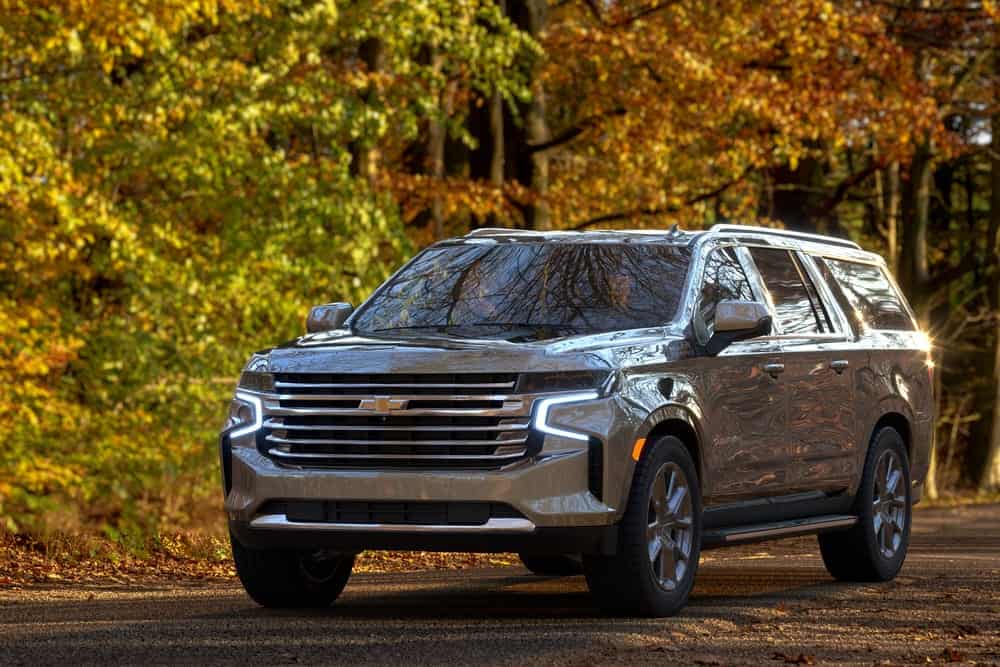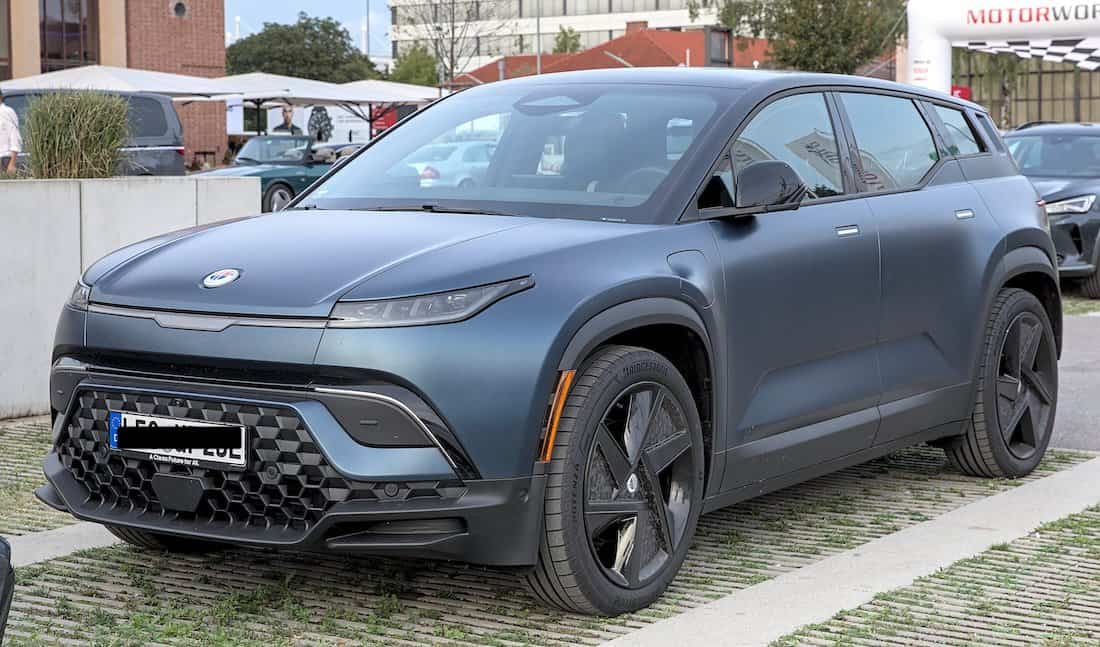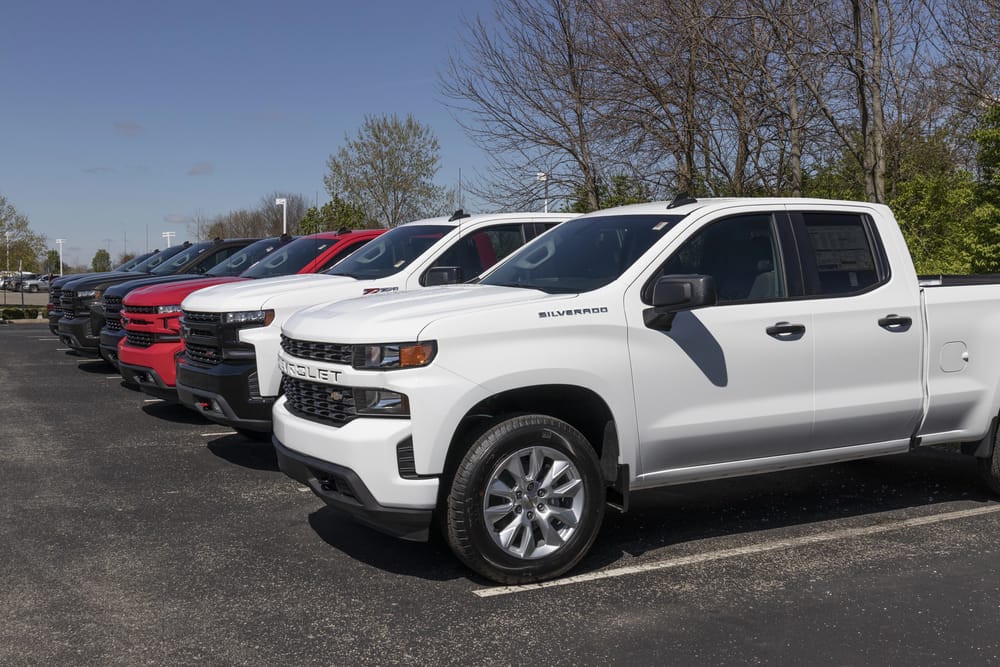According to an investigation into a potential class action lawsuit, certain vehicles equipped with GM 6.2-liter engines can experience lost power while in motion due to an undisclosed defect within the engine.
The affected vehicles include the following models:
- 2019-2024 Cadillac Escalade
- 2019-2024 Chevrolet Tahoe
- 2019-2024 GMC Yukon
These conditions present a safety hazard because they severely affect the driver’s ability to control the vehicle’s speed, acceleration, and deceleration.
Owners of the affected GM 6.2-liter engine vehicles should be aware that state and federal lemon and warranty laws could potentially compel GM to either “buy the vehicle back” or provide further compensation for those experiencing the engine defect, potentially leading to a significant financial recovery.
For residents of California, qualifying lemons must be repurchased under California’s lemon law. That can mean a large cash refund and payoff of your loan or lease, which could be as much as everything you paid for the vehicle and everything you owe: monthly payments, down payments, tax, finance charges, license, registration, etc.
You could even qualify for two times your money back. The law has a formula that starts with you getting all your money back and then subtracting certain deductions and exclusions from your payment.
Those refunds and exclusions are challenging to understand and can be fought against by knowledgeable consumer attorneys. We can help you sort through these questions and make an informed decision.
Class action v. lemon law claim.
No class action lawsuit has been filed yet, but investigations are underway. In a class action lawsuit, if the class is certified by the court, the lawyers who bring the class action represent you. If they prevail at trial, you receive whatever relief that is awarded by the judge or jury. If they lose, you may not litigate claims over the issues raised.
It’s important to note the distinction between a class action lawsuit and a lemon law claim. In a class action lawsuit, the lawyers represent the entire class, and the outcome affects all members. In a lemon law claim, you pursue your own case, potentially leading to a more tailored and favorable outcome.
Most class action cases settle and provide various options, as with most litigation. Those options will be:
- Do nothing, in which case you may get nothing but be bound by the settlement.
- Submit a claim form if requested and get whatever relief is provided. The settlement also binds you.
- Opt out and pursue your claims, in which case the settlement does not bind you, but you cannot participate in the relief offered to class members.
For many people, a class action settlement may provide significant benefits and require little effort to participate. It also comes with little risk, as the claims have been resolved. However, it likely will be years down the road.
However, particularly for consumers who have suffered significant damages, pursuing individual claims may allow them to receive a better recovery in a shorter period. While not guaranteed, this option can empower you to take control of your situation and seek the compensation you deserve.
What to do with potential lemon law claims can be complicated, depending on many factors. These factors include:
- How old is your car?
- Has your car had a sudden loss of forward movement while you are driving your vehicle?
- Have you taken it in for repairs on more than one occasion?
- Do you still own the car?
- Is the car still under warranty?
- Where do you live?
We can help you sort through these questions and make an informed decision about your options.
The defect causes power loss.
GM Vehicles Impacted by the 6.2 Liter Engine Defect
According to publicly available data, over a million 2019-2024 Cadillac Escalades, Chevrolet Tahoes, and GMC Yukons were sold in the United States, a significant number of which would have been equipped with a GM 6.2-liter engine.
Potential safety issues.
According to an ongoing investigation, the engine defect can cause unsafe conditions, including sudden loss of forward movement while driving the vehicle. These conditions present a safety hazard because they severely affect the driver’s ability to control the vehicle’s speed, acceleration, and deceleration.
We can help you sort through these questions and make an informed decision about your options.
New vehicle warranty claims.
Generally, the New Vehicle Limited Warranty for Cadillac-brand vehicles included a “Bumper-to-Bumper” warranty (the complete vehicle is covered for four years or 50,000 miles, whichever comes first) and a Powertrain warranty (7 years or 70,000 miles, whichever comes first).
Generally, the New Vehicle Limited Warranty for Chevrolet and GM-brand Vehicles included substantially the same terms as the Cadillac Warranty terms, except that the Chevrolet/GM Warranty’s “Bumper-to-Bumper” coverage period was limited to “the first 3 years or 36,000 miles, whichever comes first.” The powertrain warranty coverage period was limited to “5 years or 60,000 miles, whichever comes first.”
GM’s failure to repair the alleged engine defect.
The GM 6.2-liter engine defect should be covered under GM’s express warranties. However, public reports claim that GM has routinely failed to repair these vehicles under warranty when the 6.2-liter engine defect manifests. This is the case even though GM knew, or should have known, of this alleged defect during the sale or shortly after when numerous consumers complained to GM of this engine defect.
Although GM is obligated to fix this engine defect, none of the attempted fixes are adequate under the terms of the vehicle warranties, as they did not completely resolve the defect. When consumers bring their vehicles to GM’s authorized agents for repair, they are likely told that their cars behave normally, are given ineffective repairs, or have components replaced with defective parts.
The California lemon law buyback option.
No class action lawsuit over the GM 6.2-liter engine defect has been filed, and many people want to obtain relief immediately. However, they should know they may have options to obtain greater relief through a lemon law claim.
Your ability to file a lemon law claim depends on various factors, such as how old your car is, whether you can document the defect that occurred in it, whether you have taken it in for repairs on more than one occasion, whether you still own the car, whether it is still under warranty, and where you live.
While there is no guarantee, depending on the answers to those questions, you may have the opportunity to receive significant monetary relief, including a full vehicle repurchase (or buyback) and possible penalties.
We can help you evaluate your options and make an informed decision. Fill out the form below for a free lemon law consultation.
California consumer protections under the Song Beverly Warranty Act
The Song-Beverly Warranty Act, California Civil Code §1793.2(d)(1), is a California state law requiring manufacturers to repair defects after reasonable repair attempts. What is “reasonable” is not set in stone – safety defects should be fixed immediately, for example. The defects must “substantially impair the vehicle’s use, value, or safety.” Civil Code §1793.22(e)(2).
- Under Civil Code §1793.2(d)(1), manufacturers such as GM must promptly offer to repurchase or replace the vehicle if they cannot fix it within a reasonable time frame.
- Civil Code §1794(c) and §1793.2(d) provide that customers may have a civil penalty up to two times the actual damages if manufacturers acted “willfully” (meaning knowingly, not necessarily malicious) in ignoring or failing its obligation under the Song-Beverly Act.
- The Song-Beverly Act is a pro-consumer fee-shifting statute under Civil Code §1794(d), so manufacturers such as GM must pay consumers’ attorney’s fees and costs for litigation or settlement.
Armed forces members in California.
Under Cal. Civil Code 1795.8, if a person is an Armed Forces member, the Song-Beverly Act protections may apply, even if you purchased your vehicle outside of California, so long as the manufacturer sells cars in California. Armed Forces members would need to show they were stationed in or a resident of California when they purchased the vehicle or filed a claim against the manufacturer.
Free buyback consultation.
There is much to consider when deciding whether to pursue a lemon law claim. The Hanson Law Firm can help you sort through these questions and make an informed decision.
Confidential • No cost • No obligation



